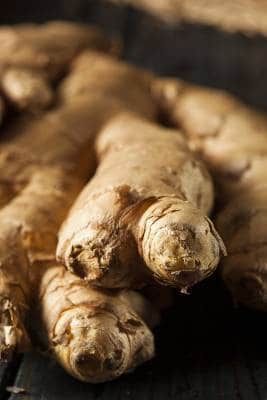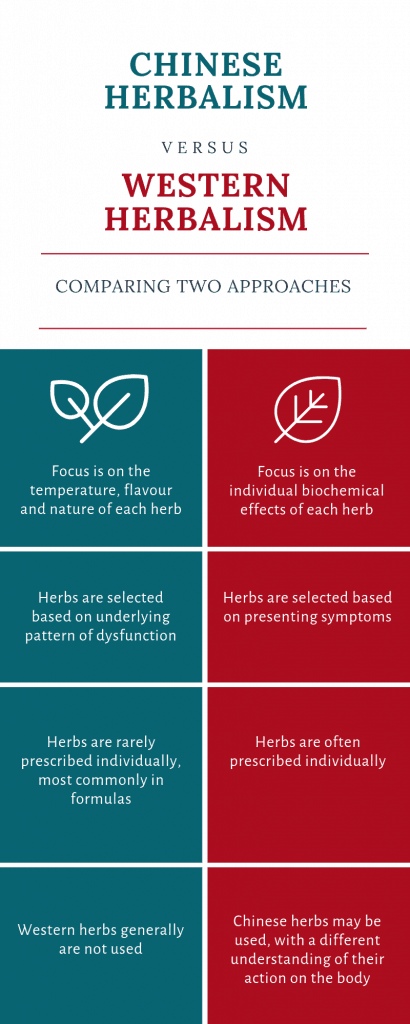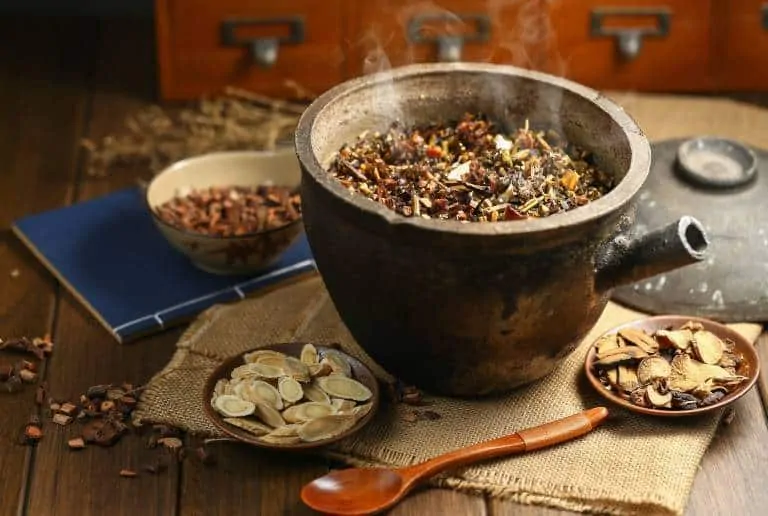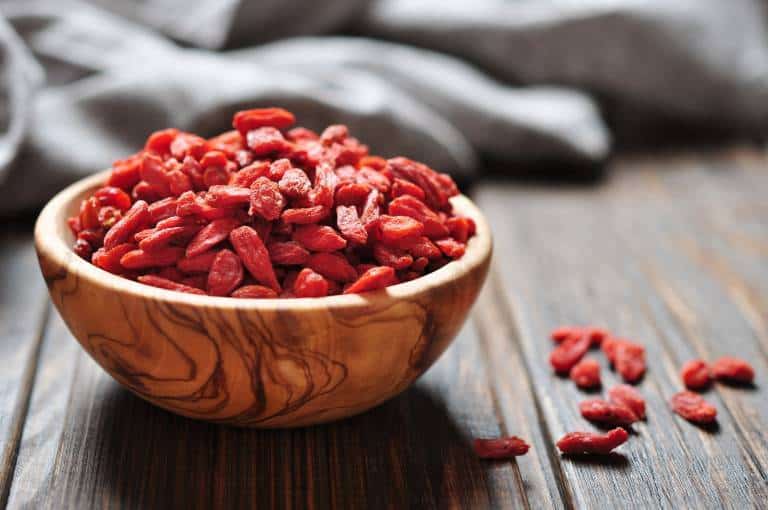Chinese herbs are just sticks, leaves and a bit of dirt thrown into water right? Kinda like a toddler makes in the mud! How is that healthy?
Learn about Chinese Herbal Medicine as you follow this conversation between Qi Bo and Huang Di. These two characters from one of our most ancient medical manuscripts, the Huang Di Nei Jing, have visited the modern age to answer your questions (press the 3 orange dots on the right at any stage to bring them up) about Chinese herbs.*
Click here if you are seeking Chinese Herbal Medicine in Melbourne.
iMessage with Huang Di (Yellow Emperor)
Hey Qi Bo, it’s been a while! I have a few questions to fire at you
Of course, where do you want to start?
Maybe we could start at the beginning
What is Chinese herbal medicine?
Wow, you have forgotten a lot! Chinese herbal medicine is the use of naturally occurring substances such as barks, seed, fruits and more as medicine.
Yes, it has been a while, I’m a little rusty!
Chinese herbs have been used for over 2000 years now, since well before our time even.
In modern-day practice, the term Traditional Chinese Medicine is often used to refer to Chinese herbal medicine practice.
Yeah, it’s coming back to me.
Chinese herbs are generally administered as a formula. Within a formula, one or more herbs are combined and prepared as a decoction, powder or pill.
It is the synergistic combination of herbs that sends a specific message to the body. This messaging helps to restore the healthy functioning of the body. The administration method reinforces this message to the body.
So it is not only what you take but how you take it!
Yes! Often the timing of when you take them is important too.
I guess that it is best to have professional advice if taking Chinese herbs.
Yes of course. They are medicine after all!
What is Chinese Herbal Medicine used for?
It is used to assist people in the management of acute and chronic health complaints.
The purpose of Chinese herbal medicines is to replenish nutrition and restore the healthy functioning of the body. These aspects of health are damaged by factors such as:
- External climatic environment
- Mental and emotional stress
- Overwork
- Poor diet
- Lack of exercise
- Toxic overload
- Trauma
That’s a lot of things that can cause disease in the body!
What herbs are used in Chinese Medicine?
Do you mean what substances are used as Chinese herbs? Like this?

Yes
Chinese herbalists utilise substances found in nature. All parts of plants such as seeds, roots, branches, leaves and flowers are part of the Chinese Herbal pharmacopeia.
Common spices, fruits, and minerals also are Chinese herbs.
Are these items I would commonly recognise?
Absolutely! Some substances, such as cinnamon, liquorice or ginger, are often familiar. Others such as Bupleurum or Astragalus may not be so familiar to the modern-day palate.
Sometimes herbs used may include animal products. Most herbalists will not use endangered species or unethically sourced products. Though modern-day media would have you believe otherwise.
Yes. I have observed that there are often stories around pangolins, tigers, rhinos, donkeys etc.
Unfortunately, there is a black market for these items, and these unscrupulous people create a bad reputation for all Chinese Herbal practitioners. This is the section that the media concentrates on as it makes for a better story.
It is also worth noting that in Australia where this is a registered and regulated profession, practitioners agree to adhere to a code of ethics. This includes not using herbs that are on the CITES list of endangered animals.
OK, that’s good to know.
Is Chinese Herbal Medicine OK for vegetarians?
The majority of herbs used are not animal products. For those that are, then alternatives are usually available for people who follow a vegetarian lifestyle.
So, how does Chinese herbal medicine work?
Put simply, Chinese herbal medicines work to:
- Enhance digestion
- Restore the functioning of your internal organs
That’s tells me what Chinese herbs do. I want to know how they work!
Sorry, let me clarify it for you
Each substance used in Chinese Herbal medicine is viewed through its properties of:
- Taste
- Temperature
- Nature
Together, these properties guide the herb to elicit a specific effect on the body.
The synergistic effect of using multiple herbs simultaneously affects many functions of the body. This helps herbs restore the functional dynamics and balance within the entire body.
So it is not just the use of a single herb, but a specific formula that makes it medicinal?
Yes exactly. Chinese herbs are usually dispensed as part of a formula.
The dosage of each herb is modified according to your specific presentation in the clinic.
This is best determined through a consultation with a herbalist with the correct training and experience. This means they can determine the best Chinese Herbal Medicine formula for you.
How long does it take for Chinese herbs to work?
Impatient much?!
It is hard to determine exactly how long it may take for Chinese herbs to assist any individual.
Each person has a unique and specific history which has contributed to their pain or medical condition. As such, there is no one size fits all approach.
We are all special right!
In fact, herbs must be carefully prescribed only after an in-depth consultation and examination of the body. This helps to ensure only the most appropriate herbs only are prescribed. It is exactly the same as with acupuncture.
So how long?
The effect of some herbs can be quite rapid. Some herbs (especially those utilised to assist with constipation) can display an effect with an hour.
Though generally, for more chronic issues, it will take a little longer to show significant changes to any medical issue.
It is always best to speak to a practitioner to get more specified advice for your health concerns.
What are the benefits of Chinese herbs?
With an appropriate prescription, Chinese herbs can affect a broad range of symptoms with minimal side effects. This is important in the current day of polypharmacy.
What is the difference between Chinese and Western Herbal Medicine?
Ah, the old Western vs Eastern herbalism debate!
So as described before, Chinese herbalists select herbs based on their flavour, temperature and nature. They are used within a formula to restore the functional dynamics of the body.
This differs from the Western herbalist approach to selecting herbs.
How is that?
In Western herbalism, the focus is on the individual biochemical effects of each herb. Herbs are generally selected individually as opposed to within a synergistic formula.
One or two herbs are often selected according to the presenting symptoms. In Chinese herbalism, they are rarely prescribed alone.

Western vs Chinese Herbal Medicine approaches
Do Western herbalists use Chinese herbs?
Often we find the same herbal substance within both paradigms. Usually, these are Chinese herbs used in Western herbalism rather than Western herbs used in Chinese herbalism.
The difference is in the intention and focus of understanding its effect on the body. Of course, the understanding of how these herbs work within Western herbalism may originate from their common use in Chinese herbalism.
That makes sense!
Are Chinese Herbs safe to take?
Fair question. People often ask if Chinese herbs can be harmful.
Some herbs used within Chinese herbal medicine have a toxic nature. These are usually prescribed for a very short term in acute and severe conditions. Applied appropriately, this toxicity can be beneficial.
In herbal formulas, the synergistic effects of all herbs reduce the potential toxicity further. Careful attention to the processing and preparation of these herbs reduces their toxicity.
This is one of the common reasons for the inclusion of Zhi Gan Cao (honey fried licorice).

Oh, that’s pretty smart! There is quite an intelligent design to these formulas!
Remember, any substance in the right dosage can have a toxic effect on the body. Including water!
It is important to only take herbs prescribed by a trained and registered Chinese herbalist. This ensures you take the most appropriate herbs for your condition in the safest manner.
Tweet it Out
In particular, questions often arise around Chinese herbal medicine toxicity. Contamination with pesticides and foreign materials specifically are a common concern.
Please read this article for more discussion on this topic.
Thanks
Are Chinese herbs safe for pregnancy?
Yes, people often ask if Chinese Herbal Medicine is safe during pregnancy?
Chinese herbs have a history of use for many centuries during pregnancy. Herbs are used to help manage common side effects of pregnancy such as morning sickness, fatigue and threatened miscarriage.
Proper training allows a Chinese herbalist to prescribe the safest herbs during pregnancy.
What about the use of Chinese herbs when breastfeeding?
Chinese herbs are also safe during breastfeeding.
If you have questions about whether Chinese Herbal Medicine is suitable for you, then reach out to Jason.
Dantian Health – Melbourne Acupuncture and Chinese Medicine Clinic
Reclaim your health and restore vitality with responsive, holistic healthcare
So don’t self prescribe then!
Yes, always consult a professional Chinese Medicine practitioner for the best advice!
Can I buy herbs myself at a Chinese Medicine shop?
Many herbs can be purchased over the counter in a Chinese Medicine shop or grocery store.
In particular, patent formulas are readily available, most often in pill form. Whilst these may on occasion be a useful addition to a first aid kit, it is important to first know exactly when each formula is indicated.
Again Chinese Herbal formulas are medicine, and only suitable for specific presentations. It is always advisable to consult with a qualified Chinese herbalist first, who may guide you as to what may be of use to you and when.
Ok, no need to repeat yourself!
Many Chinese herbs are in food products though such as Goji berries. These can be used within a dietary approach to help with your health. I believe they call some of these things ‘superfoods’ these days.

Super indeed!
Chinese herbal medicine seems fascinating. I think I would like to know more
I want to know how to become a Chinese herbalist?
The minimum qualification in Chinese herbology is a 4-5 year Bachelors degree. Chinese herbalism is generally taught in conjunction with acupuncture.
4 years! That’s a lot of studying.
This study includes both Western and Chinese medical sciences. Units studied in relation to Chinese herbs will be specific to the theories of Chinese Medicine, Chinese herbology, Chinese formulas and treatment approaches for specific areas of health.
Training to be a Chinese herbalist involves the study of the TCM methodology. This is a mixture of many different schools of thought from throughout the long history of Chinese medicine.
Some practitioner further their knowledge with postgraduate study in Chinese herbs.
Will this include practical guidance?
Yes. Supervised clinical prescribing is a part of every course. This is to ensure graduates have an appropriate level of experience in prescribing herbs.
For this reason, it is best to visit a properly trained and registered Chinese herbalist. This ensures the formula you are taking is, and remains, the most appropriate for your current health.
OK, and what if I just want some treatment.
Who is the best Chinese herbalist in Melbourne?
There many great Chinese herbalists in Melbourne. I would recommend that you contact Jason at Dantian Health.
He is a qualified Chinese Herbal Medicine doctor who has pursued postgraduate studies in the Tian family lineage of classical herbalism. As a graduate of this program, he has a Diploma in Canonical Chinese Medicine. This includes him in a small group of practitioners worldwide who have been inducted into this lineage.
Dantian Health offers consultations for Chinese Herbal Medicine in Melbourne at Brunswick in Melbourne’s inner north.
Great thanks, I’ll get right onto that!
Dantian Health – Melbourne Acupuncture and Chinese Medicine Clinic
Reclaim your health and restore vitality with responsive, holistic healthcare
What else would you like to know?
I hope you have enjoyed the conversation. Did they miss your question? Was something unclear? Are you itching to join in? Let me know if you found this useful in the comments below, I read and respond to them all!
DISCLAIMER
As an AHPRA registered practitioner, it is my duty to not be misleading in any advertising. So before my friends in the science in medicine crowd (Hi Ken!) and advertising regulators get too excited I must say the following.
This conversation didn’t actually take place. Whilst the information contained within is important and factually correct (to the best of my educated knowledge), this conversation is entirely fictional.
Amongst the many things I can do with Chinese Medicine, time travel is not one of them. What can I say – the DeLorean was out of petrol and I couldn’t get Bill and Ted on the phone!
